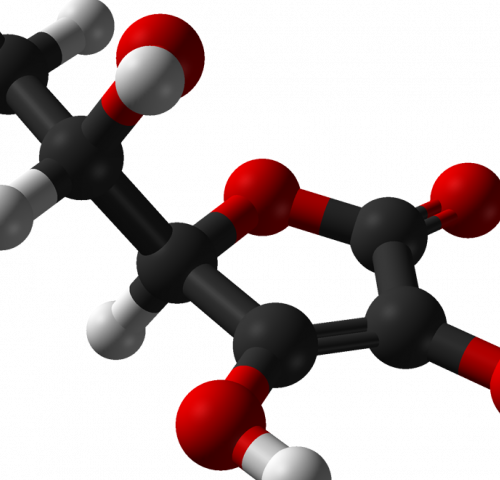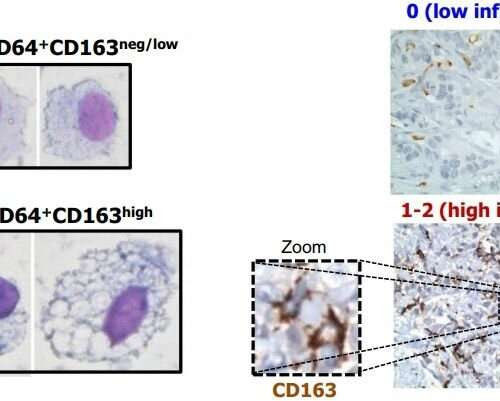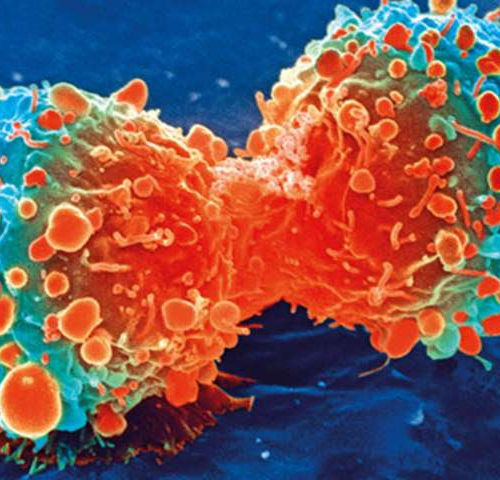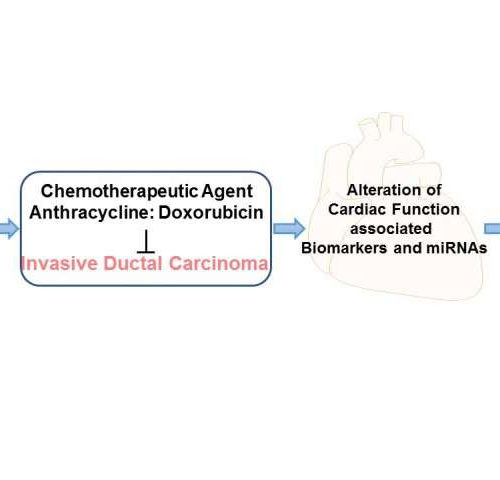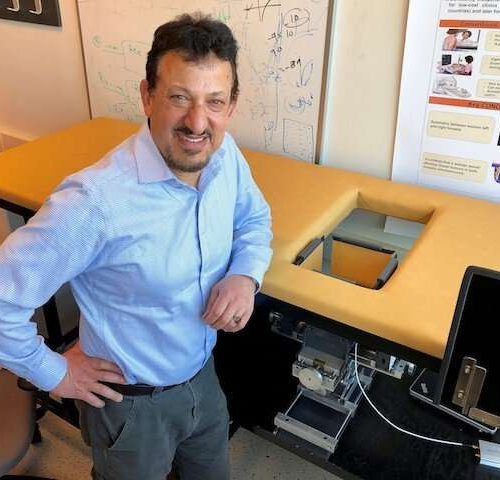Cutting out alcohol if you drink in excess can bring about health benefits for your liver, heart, and body composition. The current Dietary Guidelines for Americans recommend that alcohol should be consumed in moderation — up to one drink per day for women and up to two drinks per day for men. Alcohol consumption has...
Tag: <span>Breast Cancer</span>
Danish researchers find new breast cancer gene in young people
by University of Copenhagen Over the past 20 years, our knowledge of hereditary diseases has taken a quantum leap, and several hereditary gene variants have been found that may predispose to the development of cancer. We have known for a long time that mutations in human BRCA1 and BRCA2 genes may lead to the development...
A combo of fasting plus vitamin C is effective for hard-to-treat cancers, study shows
by University of Southern California Scientists from USC and the IFOM Cancer Institute in Milan have found that a fasting-mimicking diet could be more effective at treating some types of cancer when combined with vitamin C. In studies on mice, researchers found that the combination delayed tumor progression in multiple mouse models of colorectal cancer;...
Blood cells could serve as a ‘thermometer’ to detect breast cancer
by Maria Fernanda Ziegler, FAPESP Immune system cells in the blood of breast cancer patients undergo alterations early in the disease course, according to a study published in the journal Clinical & Translational Immunology. The authors believe that this discovery may contribute to the early identification of aggressive tumors and help enhance personalized immunotherapy strategies...
Killing ‘sleeper cells’ may enhance breast cancer therapy
by Walter and Eliza Hall Institute of Medical Research The anti-cancer medicine venetoclax could improve the current therapy for estrogen receptor-positive (ER+) breast cancer—the most common form of breast cancer in Australia—according to preclinical studies led by Walter and Eliza Hall Institute researchers. The research team showed that venetoclax could kill breast cancer cells that...
Blood test offers early warning of chemotherapy-related heart problems
by Experimental Biology which chemotherapies can cause cardiotoxicity. The research team identified biomarkers and miRNAs that can provide early warning when this process is underway. Credit: Hari Vishal Lakhani, Marshall University Scientists have identified a collection of biomarkers that together signal that a person’s cancer treatment may be harming their heart. After further validation, the...
New tech takes radiation out of cancer screening
by Matthew Grant, University of Waterloo Researchers have developed a new, inexpensive technology that could save lives and money by routinely screening women for breast cancer without exposure to radiation. The system, developed by researchers at the University of Waterloo, uses harmless microwaves and artificial intelligence (AI) software to detect even small, early-stage tumors within...
New study shows significant increase in weight after breast cancer
Earlier weight gain prevention and management needed NICM HEALTH RESEARCH INSTITUTE, WESTERN SYDNEY UNIVERSITY New study findings suggest that weight gain after breast cancer is a greater problem than previously thought. The first national survey on weight after breast cancer in Australia, published in BMC Cancer journal, found close to two-thirds (63.7%) of women reported...
Why eating yoghurt may help lessen the risk of breast cancer
One of the causes of breast cancer may be inflammation triggered by harmful bacteria say, researchers. Scientists say their idea- as yet unproven – is supported by the available evidence, which is that bacterial-induced inflammation is linked to cancer. The paper in the journal Medical Hypotheses is by Lancaster University medical student Auday Marwaha, Professor...
UMass Amherst researchers identify new mechanism involved in promoting breast cancer
Study found two cosmetics chemicals damage DNA of breast cells at low doses UNIVERSITY OF MASSACHUSETTS AMHERST A new approach to studying the effects of two common chemicals used in cosmetics and sunscreens found they can cause DNA damage in breast cells at surprisingly low concentrations, while the same dose did not harm cells without...



